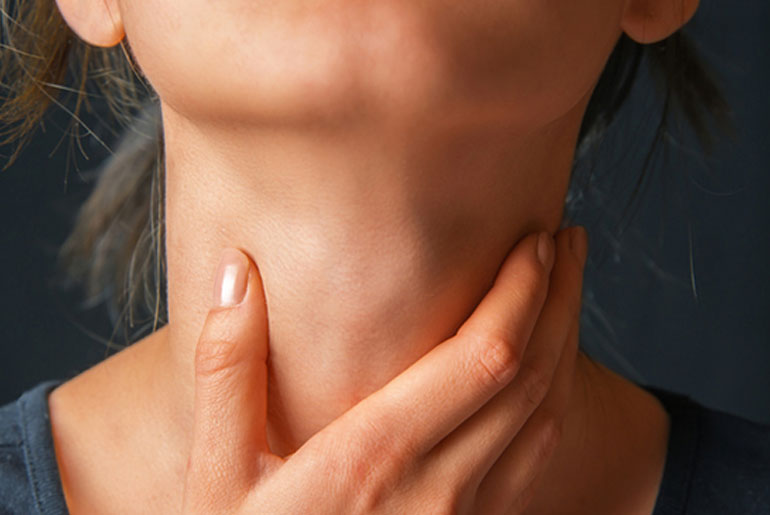The reported case of vocal cord paralysis in a teenager following a viral Covid-19 infection adds to the growing body of evidence regarding the various complications associated with the disease. This case, detailed in a study conducted by physician-researchers at Massachusetts Eye and Ear hospital, highlights the potential neurological impact of the SARS-CoV-2 virus.
The patient in question was a 15-year-old female who, despite being otherwise healthy, experienced acute onset shortness of breath 13 days after being diagnosed with Covid-19. Notably, she had a history of asthma and anxiety, which may have contributed to the severity of her symptoms.
Upon further examination, the researchers discovered bilateral vocal cord paralysis, meaning that both vocal cords in the larynx were immobile. This condition can significantly impact a person’s ability to breathe and speak, leading to respiratory distress.
The researchers concluded that the vocal cord paralysis was likely a downstream effect of the viral infection, adding to the already “well-established” nervous system-related or neuropathic complications observed in both children and adults with Covid-19.
“Given how common this virus is among children, this newly recognised potential complication should be considered in any child presenting with a breathing, talking or swallowing complaint after a recent Covid-19 diagnosis,” stated first author Danielle Reny Larrow, a resident in the Department of Otolaryngology-Head and Neck Surgery at Massachusetts Eye and Ear.
“This is especially important as such complaints could be easily attributed to more common diagnoses such as asthma,” stated Larrow.
This case underscores the importance of ongoing research to better understand the wide-ranging effects of the SARS-CoV-2 virus on various organ systems, including the nervous system. It also highlights the need for clinicians to be vigilant for unusual and potentially serious complications, even in individuals who may not fall into traditional high-risk categories for severe Covid-19.
The detailed diagnostic process conducted for the patient included blood work, imaging studies, cerebrospinal fluid analysis, and consultations with various medical specialists, such as otolaryngologists (specialists in diseases of the ear, nose, and throat), neurologists, psychiatrists, speech-language pathologists, and neurosurgeons. This comprehensive approach highlights the complexity of the case and the importance of a multidisciplinary team in evaluating and managing the patient’s condition.
Despite efforts, the patient did not experience improvement through speech therapy, leading the physicians to perform a tracheostomy, a surgical procedure that creates an opening in the windpipe to assist with breathing. The patient remained tracheostomy-dependent for more than 13 months after the initial treatment, suggesting a prolonged and potentially severe impact of the nerve complication associated with vocal cord paralysis. The need for a tracheostomy for an extended period is considered highly unusual and underscores the challenges posed by certain post-viral neuropathies.
The researchers noted that they were eventually able to remove the tracheostomy tube fifteen months after its insertion, which, according to their description, is a noteworthy and rare occurrence. The case is further highlighted as “highly unusual” as it represents the first report of an adolescent experiencing post-viral neuropathy leading to vocal cord paralysis. While several cases of vocal cord paralysis have been reported in adults following Covid-19 infection, this instance in a teenager adds to the understanding of the diverse and sometimes severe neurological manifestations of the disease across different age groups.
“The fact that kids can actually have long term neurotrophic effects from Covid-19 is something that it’s important for the broader pediatric community to be aware of in order to be able to treat our kids well,” stated senior author Christopher Hartnick, director of the Division of Pediatric
This case emphasizes the need for continued research and vigilance in monitoring and managing potential complications, especially those affecting the nervous system, in individuals recovering from Covid-19.
Disclaimer:
The information contained in this article is for educational and informational purposes only and is not intended as a health advice. We would ask you to consult a qualified professional or medical expert to gain additional knowledge before you choose to consume any product or perform any exercise.








